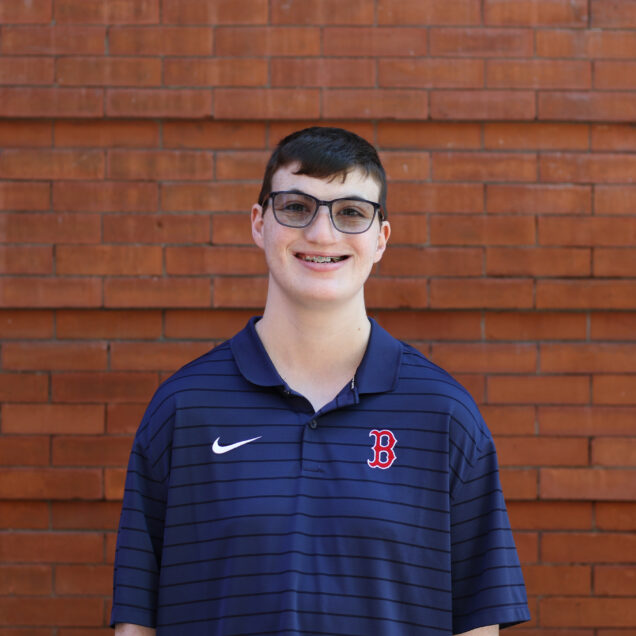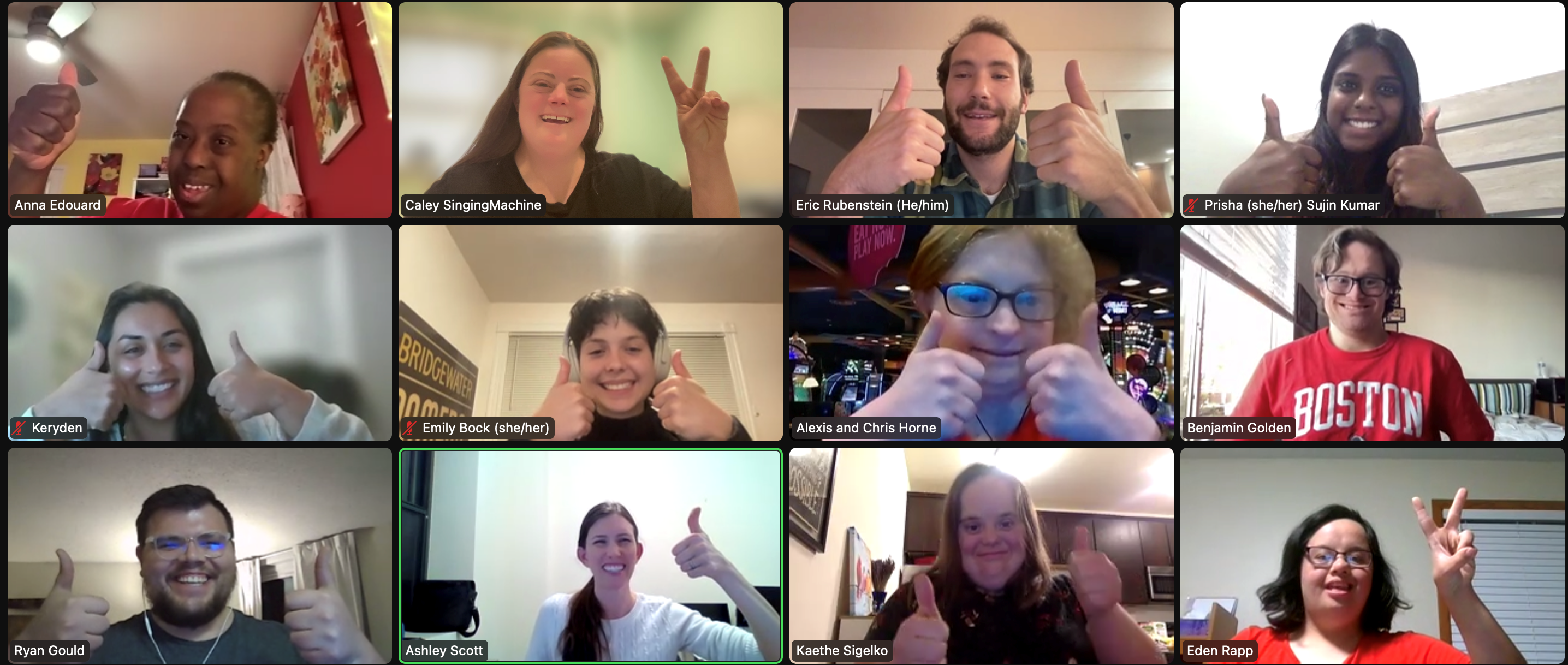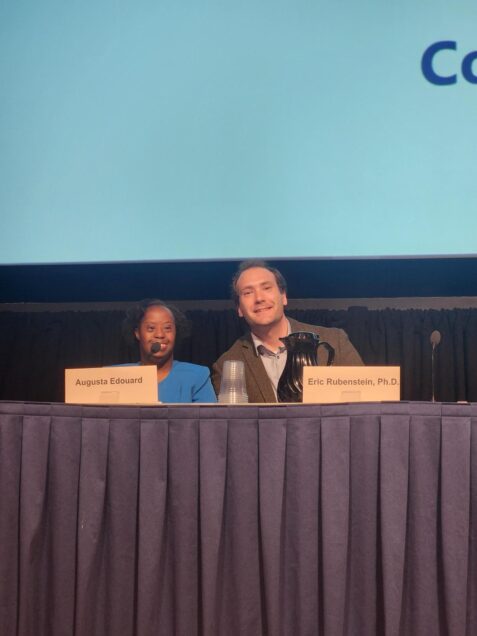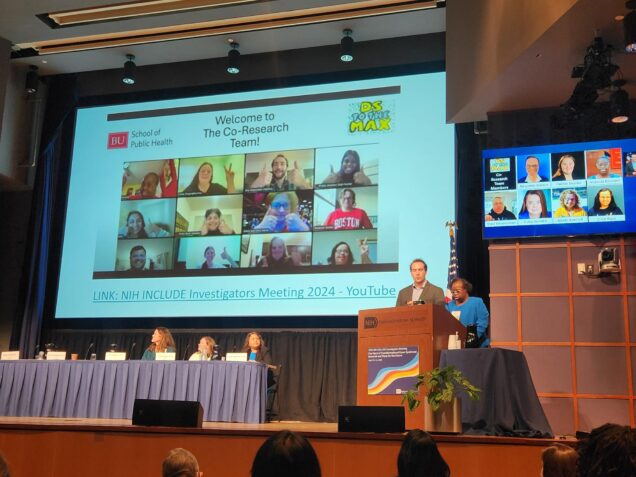The Rubenstein Lab
The Rubenstein Lab is focused on improving the lives of individuals with intellectual and developmental disabilities, including Down syndrome and autism. Epidemiology, the science of public health, is the crucial tool that can help reach the ultimate goal of improving health and well-being for the population with intellectual and developmental disabilities. That work cannot be done without input and collaboration from the intellectual and developmental disability community, which motivates and drives our work to be impactful and translatable.
Diversity, Inclusion, and Equity
The Rubenstein Lab is committed to fostering a safe and inclusive environment. Creating anti-racist, anti-sexist, and pro-inclusion settings is a continual process and we strive to learn and grow. As the Lab grows, we will recruit, retain, and develop a diverse group of individuals to ensure a vibrant community.
BUSPH Diversity and Inclusion
Contact information:
- Email: erubens@bu.edu / rubensteinlab.busph@gmail.com
- T318E 715 Albany St, Boston Mass 02121.
Events and Highlights
Welcome our new summer 2024 intern, Dan O’Donnell!

“I’m Dan O’Donnell. I’m a 2024 co-research intern with the Rubenstein lab. I’m interested to know what the quality of life for the IDD community is. I think it is important for IDD people to stay healthy. I’m focusing on health and sports. My experience is with Special Olympics. I’ve been doing it for 13 years. I do it with Brookline recreation therapy. At the Rubinstein lab I’m interested in health, sports and physical activity for people with IDD. For my project I’m going to interview people about how the IDD community can stay physically active. I’m working on interviewing people about IDD and person’s with an IDD.”
Co-researcher Augusta (Gus) Edouard’s National Institute of Health (NIH) INCLUDE conference presentation.
Research with the Experts Webinar on March 21st, 2023 – Watch our webinar recording and hear from co-researchers with intellectual and developmental disabilities and the importance of inclusivity on research teams.
Co-Researcher Team Mental Health Survey – learn about the DSTOTHEMAX Co-Researcher team’s interest in mental health for people with Down syndrome and take our survey to understand people’s experiences and support for mental health concerns.
Current Projects:
Down Syndrome: Toward Optimal Trajectories and Health Equity using the Medicaid Analytic eXtract (DS-TO-THE-MAX)
Our research team at the Boston University School of Public Health aims to assess determinants of obstructive sleep apnea, dementia, and mortality and determine predicting factors for these conditions that affect the Down syndrome community in the US. We seek co-researchers to help us create materials to disseminate and to co-lead research projects using our large Medicaid data set.
Policies for Reproductive Outcomes in Medicaid–Improving Services for Enrollees with Intellectual and Developmental Disabilities (PROMISE-IDD)
Our research team at the Boston University School of Public Health aims to assess the impact of Medicaid, Home and Community Based Service (HCBS) waivers, and prenatal care on pregnancy outcomes for people with intellectual and developmental disabilities (IDD). We will use data from Medicaid and conduct qualitative interviews to identify practices and policies that improve health outcomes for women with IDD.
See our project page to learn more!
Students experiencing homelessness with disabilities
Challenges of Caregiving: A survey for parents / caregivers of adults with Down syndrome
Congenital Heart Survey To Recognize Outcomes, Needs, and well-beinG Kids
We’re hiring!
We are recruiting PhD students in epidemiology. Reach out to erubens@bu.edu with any questions.


